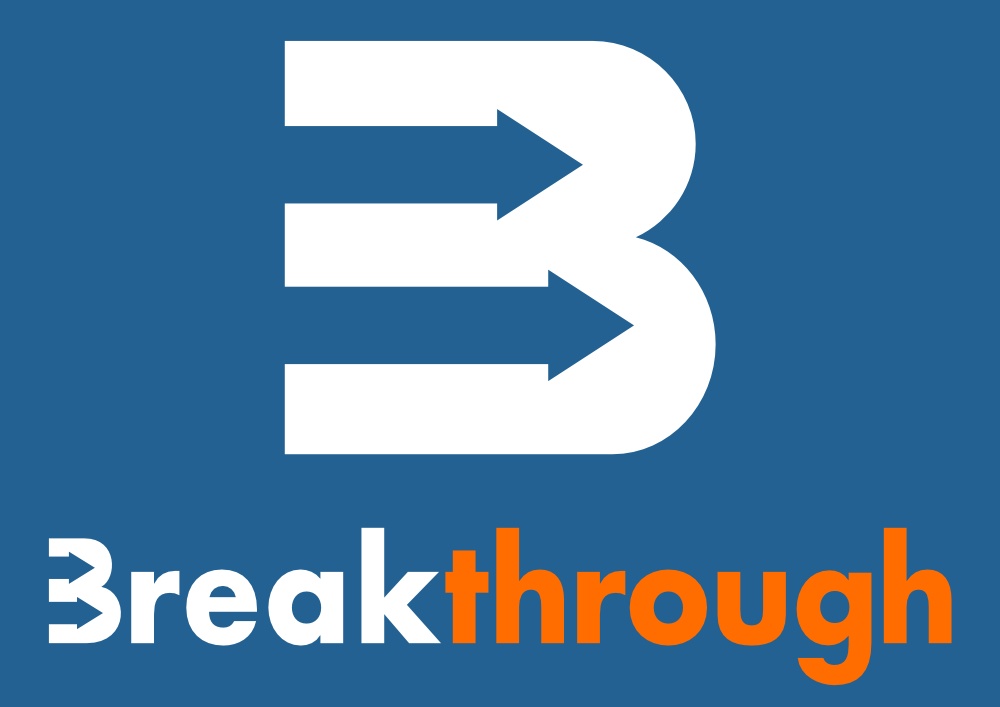It’s a common sight to see stickers on shop windows declaring that dogs are not allowed in unless they are Guide Dogs.
To some extent, the term ‘Guide Dog’ has been associated most specifically with those who assist people with sight difficulties but there are many types of assistance dogs other than those which specifically guide blind people. ‘Assistance Dog’ is a broader term encompassing support for adults and children with a range of physical disabilities, children on the autism spectrum and adults with dementia: providing practical support, increased confidence and enabling greater independence. In addition, charities such as Hounds for Heroes, amongst others, provide specially trained assistance dogs to injured and disabled men and women of both the UK Armed Forces and Emergency Services.

Assistance dogs are, in turn, part of a wider group of working dogs that provide specific tasks to help society as a whole, and this group includes medical detection dogs, community dogs that provide comfort and reassurance (among many other benefits) to children in school and to older people in retirement homes and hospitals. The group also includes search and rescue dogs and dogs which work in prisons providing similar benefits for prisoners but, as in all things, the terminology gets stretched and starts to encompass a broader spectrum of tasks where individuals have chosen to train dogs to meet their own specific needs. While there can be no doubt that people who train their own dogs to act as, for instance, ‘anxiety dogs’ find that they receive meaningful benefits, this article limits its scope to those dogs that are professionally trained and registered to meet the recognised set of standards provided by Assistance Dogs International (ADI) which is a worldwide coalition of non-profit programmes that train and place assistance dogs. Founded in the US in 1986 from a group of seven smaller programmes, ADI has become the leading authority in the assistance dog industry.
Partnership with an assistance dog is a truly life-changing experience and most people find that the benefits go much further than simply providing practical assistance. I’ve asked Dogs for Good, one of the leading providers of partnerships with adults and children with a wide range of physical and learning difficulties, about the work that they do: “The people we support tell us that thanks to their assistance dog they experience greatly improved self-esteem. As a result of a new-found confidence they are able to enjoy new opportunities, from starting a new job to going to university or playing a more active role in community life.”
Among other tasks, Dogs for Good trains assistance dogs for adults with physical disabilities. Every dog is specially trained to help with practical tasks that many people with disabilities find difficult or impossible to do, such as:
- Opening and closing doors
- Helping with dressing and undressing
- Retrieving items such as mobile telephones or dropped articles such as keys or a bag
- Loading and emptying the washing machine
- Pressing a pedestrian crossing button
- Reaching up to shop-counters with items such as a wallet
A registered assistance dog provides an extension of the person’s abilities and is allowed by law to accompany their partner into public places such as shops, restaurants and also to travel on public transport. Based on just this description of one provider of assistance partnerships, it’s clear to see why the Guide Dogs caveat used by many shops needs to be revised to include the wider term “Assistance Dogs”.
In 2004, Dogs for Good became the first charity in the UK to train assistance dogs for children with physical disabilities. Assistance dogs can help build a level of independence and confidence in children by helping with practical tasks, such as:
- Retrieving dropped items
- Opening and closing doors
- Helping with dressing and undressing
- Helping with physiotherapy routines
The dog also offers unconditional love, becoming a friend who is always there for them, and a positive focus for the whole family. These qualities also lend themselves to helping children with autism and a Dogs for Good autism assistance dog gives the parent and child real independence and provides a safer environment for the child, so they feel more secure.
Having unlimited access to public places with the dog enables the whole family to do simple things such as shopping, which may have been impossible before. The dog wears a special harness which connects it to both parent and child, and acts on instructions from the parent while the child is encouraged to walk alongside the dog. This offers greater independence to the child and parent, whilst ensuring the child is safe and unable to ‘bolt’ if they become stressed or anxious. ‘Bolting’ behaviour is also combated by training the assistance dog to automatically sit should the child attempt to run off.
A fully-trained autism assistance dog can help change behaviour by:
- Introducing routines
- Reducing bolting behaviour
- Interrupting repetitive behaviour
- Helping a child with autism cope with unfamiliar surroundings.
Of course, Dogs for Good is not the only provider of assistance services for adults and children and there are many excellent organisations which provide trained dogs to assist people with physical injuries and disabilities, people with problems with sight or hearing as well as behavioural and learning difficulties as well as those who may have had a stroke or may have dementia. These organisations all share the commitment to provide professional training and registration to meet widely accepted international standards and, perhaps, the sign that shops could more helpfully display would be:
“Sorry, dogs are not allowed except for registered Assistance Dogs”.
There are many organisations providing excellent services and the following, among others, can provide more information:


